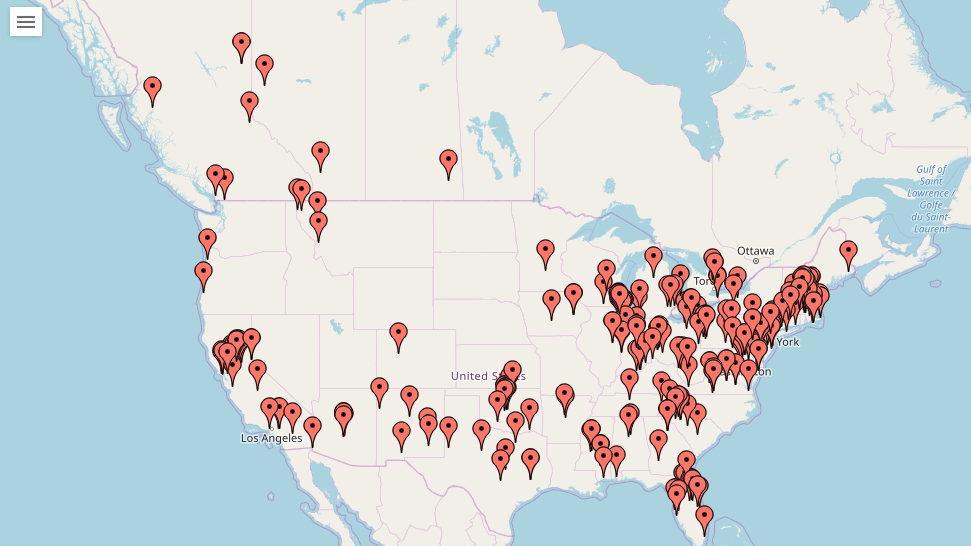One of my favorite children’s librarians is Gloria Bartas. Whenever I observed her in action, I was impressed with her creativity, her enthusiasm and joy, and her lovely singing voice. I just discovered a YouTube video of Gloria singing “Get Your Smile On”. I’d never heard this before and I think it’s great, so I wanted to share it with you!


